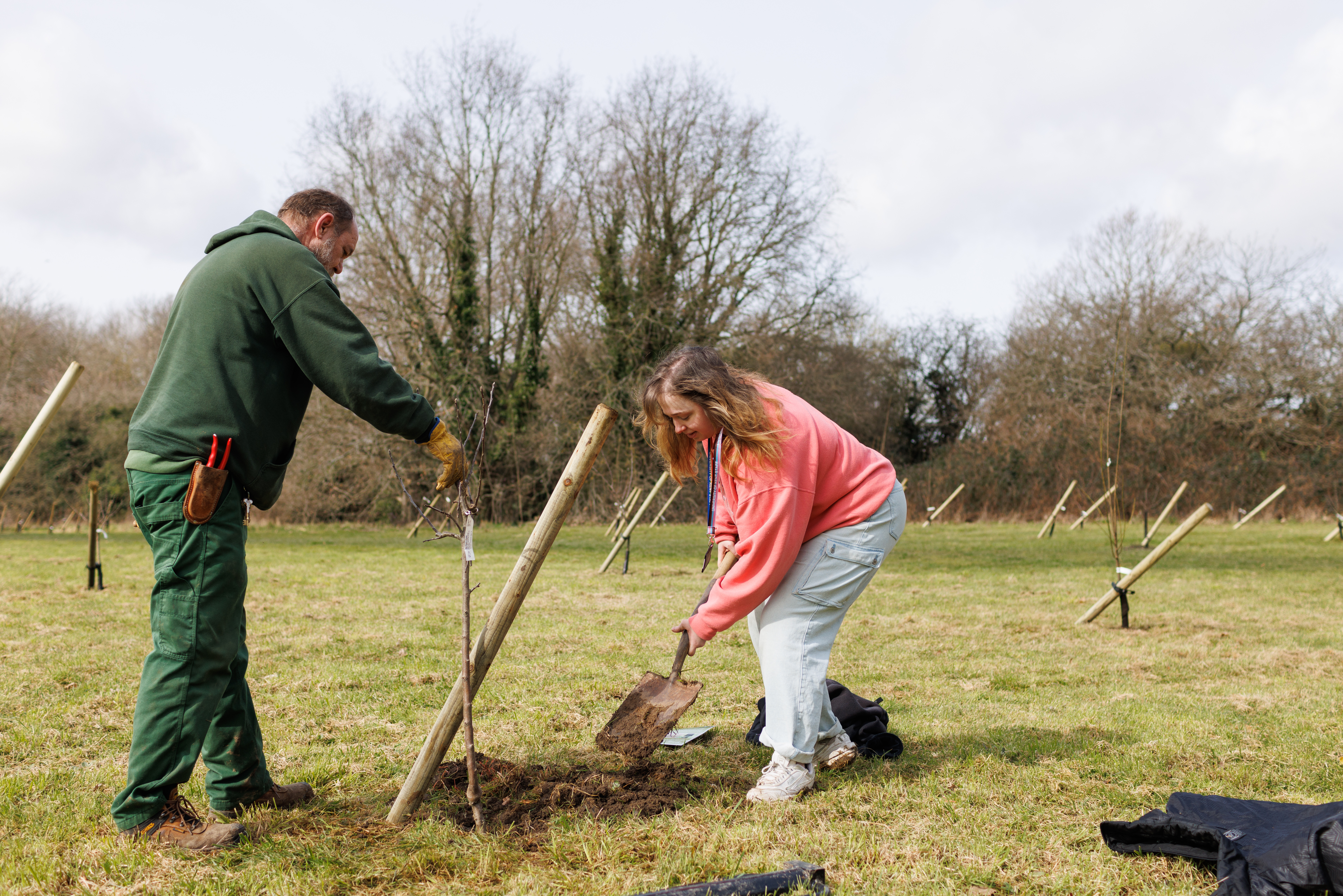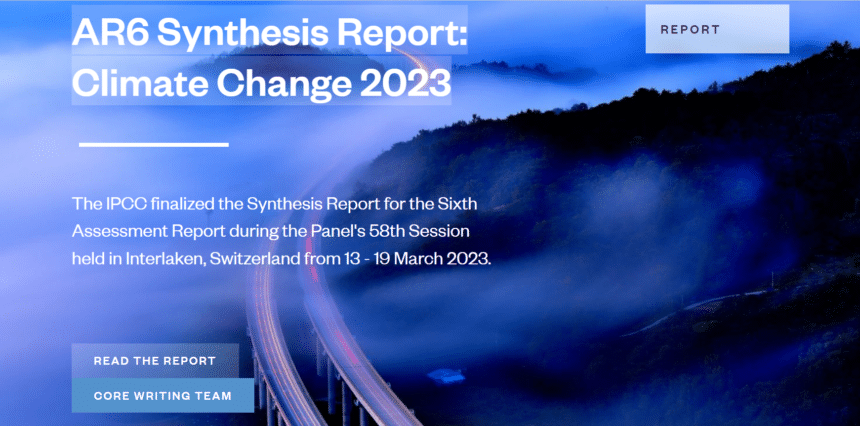The Wilder Kent Awards is a scheme set up by Kent Wildlife Trust (KWT) to recognise and reward the work schools, Universities, businesses, and community groups are doing in helping to create a Wilder Kent. By taking positive actions to restore nature, collectively, we are helping to create a more climate-resilient county and provide a home for wildlife.

This award reflects the cumulative work of the Landscape and Grounds Team, Commercial Services & Estates Department, Sustainability Team, Conservation Society, Kent Community Oasis Garden and BioBlitz Committee to deliver work across our campuses to deliver sustainability improvements, support and enhance our natural spaces for wildlife and to engage our staff, students and the local community in our actions to address the climate and nature crises.
Kent Wildlife Trust commented that, “The University of Kent have developed a robust landscape and biodiversity strategy which ensures the entire campus supports a range of wildlife as well as hosting a biodiversity forum which allows students and staff to directly engage in decision making and project creation. With 300 acres of woodland, grassland, and seven ponds across their sites, there is plenty of space for wildlife to thrive at the University of Kent.”
The award is split into three categories: Protecting Wildlife; Sustainability and Carbon Reduction; and Engage with Nature. Here are some of the activities and projects we have been working on to support wildlife and reduce our impact in 2023.
There have been some large and small scale landscape projects over the last year including the planting of 300 fruiting trees to create an orchard on our Southern Slopes. This project is creating a habitat and landscape feature that we do not already have on our campus, and because orchards are a mosaic of trees, grasses, and wildflowers, they support a wide range of wildlife. As fruit trees age quickly, they create the perfect habitats for invertebrates and birds, such as the lesser spotted woodpecker and the rare noble chafer beetle.

We also introduced No Mow May to our central campus for the first time, with students from the Conservation Society surveying for species changes across the month. The project received 98% positive feedback from students, staff and community members walking by. Signage for the project was designed by students from our School of Architecture and Planning as part of their graphic design module.
These projects are underpinned by the ongoing management of our landscape by the Landscape and Grounds Team, including the rotational coppicing of our woodlands and extensive grassland management for meadow retention. The Landscape and Grounds Team have been instrumental in supporting the changes across campus and adapting their management techniques to support nature. This and more is outlined in our Landscape and Biodiversity Strategy which targets us to make year on year improvements.
The University’s Sustainability Strategy for Climate Action and the SDGs underpins much of this work setting out our key strategic objectives to reach Net Zero by 2040; regenerate the ecology of our campuses; and to ensure our students have access to learning, teaching and research that enhances their understanding of sustainability.
Our carbon management work saw emissions reduce by 14% from our baseline keeping us on track to achieve our net zero target and we are currently finalising a strategic partnership with Siemens to develop this further and to develop the culture of a whole-university approach to net zero.
A key part of our activities is engaging people with nature and making them feel connected to their local environment. Within the University we host a Biodiversity Forum which is made up of students and staff with an interest in biodiversity, as well as key operational and academic staff that can support action and research opportunities. The forum is an important way of making the work we do on campus more collaborative and informed by a broader audience.
The student led Conservation Society are also instrumental in engaging their fellow students in conservation action across campus and the local area, supporting local conservation organisations, the Kent Community Oasis Garden and the campus with their volunteering and expertise.
Beyond our own campus we engage with the community through our annual BioBlitz. Organised predominantly by students from the School of Anthropology and Conservation, the bioblitz hosts an engaging 24 hours of surveys, activities, and is a celebration of nature. The blitz is open to everyone and designed to be family friendly, with students engaging the local community if their passion for wildlife.

We are also members of the Canterbury District Biodiversity Network, representing Kent on the coordination committee and supporting the network to bring interested parties together and raise awareness of the incredible wildlife and work being done in our district. As part of this network we are the proud home of a Bison Mural to raise awareness of the local wilding project happening on our doorstep in Canterbury.
For those that are working to support wildlife across our campuses this award is a wonderful recognition of all our efforts. It is particularly special to receive this acknowledgement from Kent Wildlife Trust who are doing incredible work across the county and local to us in Blean. This award spurs us on to continue with our biodiversity work and continue to build partnerships with those working to create a wilder Kent.
You can listen to more about our work and the award in episode 6 of KWT’s Talk on the Wild Side Podcast.



